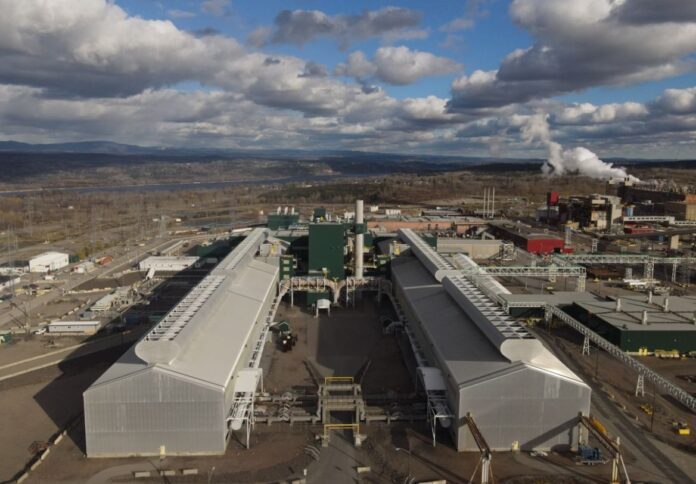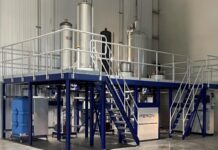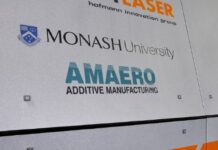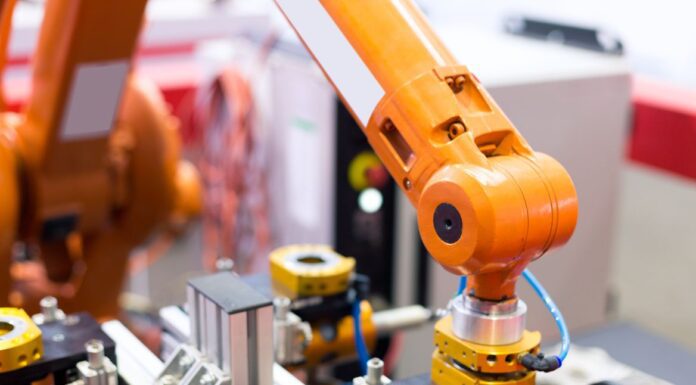
Metals and mining giant Rio Tinto has announced a $1.1 billion investment to expand its AP60 aluminium smelter equipped with low-carbon technology at Complexe Jonquiere in Canada.
The investment includes up to $113 million of financial support from the government of Quebec.
In an ASX announcement, Rio Tinto said the smelter’s expansion will enable it to continue meeting customer demand for low-carbon, high-quality aluminium for use in transportation, construction, electrical, and consumer goods.
The expansion includes the addition of 96 new AP60 pots, which will increase the facility’s capacity by approximately 160,000 metric tonnes of primary aluminium per year, enough for 400,000 electric cars.
Once the expansion is completed, the site will have a total of 134 AP60 pots and a capacity of approximately 220,000 tonnes per annum.
The expansion project will coincide with the gradual closure of potrooms at the Arvida smelter on the same site. The new capacity is expected to offset approximately 170,000 tonnes of capacity lost through the gradual closure of the potrooms from 2024.
Work on the expansion will run over two and a half years, with commissioning of the new pots slated to start in the first half of 2026 and the smelter fully ramped by the end of 2026.
Up to 1,000 jobs are expected to be created at the peak of construction and approximately 100 permanent jobs will be maintained as a result of the expanded smelter.
The company said it is also adding 30,000 tonnes of new capacity through the commissioning of the previously announced recycling facility in Arvida in the first quarter of 2025.
The facilities will ensure Rio Tinto’s facilities at Complexe Jonquiere continue to provide value-added products that meet customers’ needs, including integrating recycled post-consumer aluminium into primary aluminium allows.
When combined with the hydropower used at Rio Tinto’s operations in Canada, its proprietary AP60 technology is capable of generating one-seventh of greenhouse gases per tonne of aluminium when compared with the industry average, and half the emissions when compared to the technology currently in use at the Arvida smelter.
“Our AP60 technology is already proven and producing some of the lowest carbon aluminium in the world, thanks to the expertise of our highly qualified workforce and access to renewable hydropower,” said Jakob Stausholm, chief executive officer of Rio Tinto.
“This is the most significant investment in our aluminium business for more than a decade and it will further strengthen Rio Tinto’s high-quality and low-carbon offering to our customers as they also work to reduce their own carbon footprint.”


















